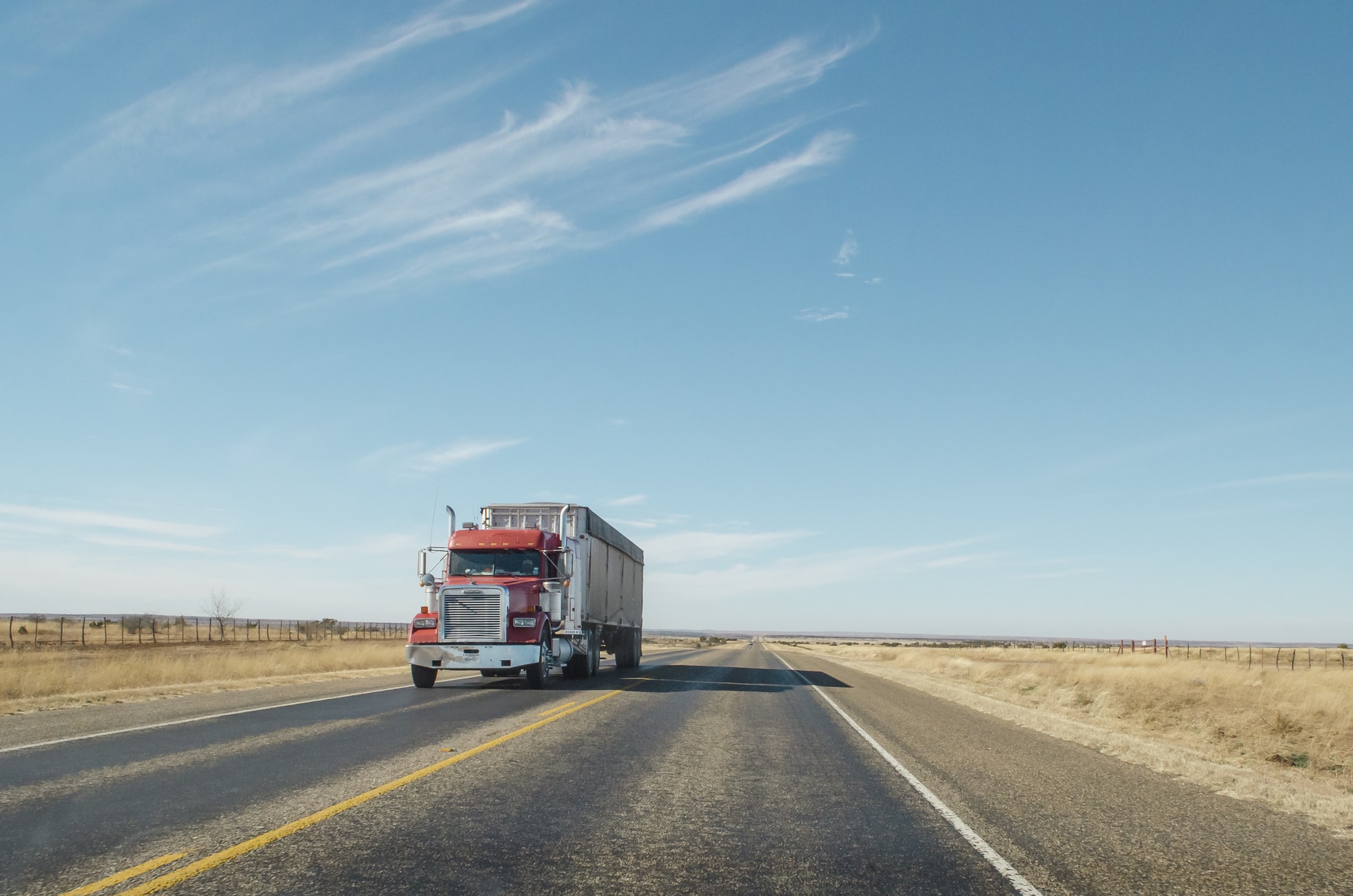In late April, the Women’s Trucking Federation of Canada (WTFC) Facebook page posted a photo of a roadside cherry tree, blossoming pink. Above it read: “In spite of everything that’s going on in the world today, let’s focus on the beauty we see as we travel the open road,” followed by the hashtags #ATruckersLife and #WeAreInThisTogether.
Shelley Uvanile-Hesch, a driver and WTFC’s CEO and Facebook page administrator, hoped to spark a little inspiration among the page’s followers with that photo. WTFC’s primary function is to promote the industry to women and youth, and ensure drivers have a voice in policy decisions and within their companies. Less officially, however, the organization — and Uvanile-Hesch in particular — has become a support system for the many drivers delivering goods across Canada and over the U.S. border during the ongoing pandemic.
You may unsubscribe from any of our newsletters at any time.
Trucking is still a male-dominated industry, but women are increasingly hitting the open road. In Canada, they currently make up three percent of all drivers. Speaking from the road while passing through Dryden, Ont. with a load of hand sanitizer, Uvanile-Hesch is matter-of-fact and hard put to accept any sympathy for being a female truck driver. “We do the job just the same as a man,” she says.
Long-haul drivers can be on the road for days or weeks at a time, often sleeping in their cabs, which can be outfitted with beds, microwaves, mini fridges and coffee makers. Nevertheless, truck stops and roadside restaurants are essential to drivers in need of a restroom, hot food or a place to rest. With the onset of COVID-19, however, many of these businesses have closed or limited their services.
More on Broadview: Life as a part-time hijabi
According to Uvanile-Hesch, the lack of food and parking across Canada has always been an issue, but it’s just more predominant since COVID-19. The most worrisome is the lack of restroom facilities. Many customers have even barred drivers from using their restrooms while dropping off a load, which can take hours. Like other drivers, Uvanile-Hesch stores a portapotty in her cab for emergencies, but it’s not ideal.
“Drivers are expected to work in it, sleep in it, eat in it, and now they’re expected to go to the washroom in it?” she says about her truck. “There’s something wrong with that.” After all, it’s not like she can easily pee in a bottle or go on the side of the road.
Hayley MacKay, who is part of the WTFC community, is struggling with these new restraints, too. She hauls cattle for a small Ontario-based company, and delivers mainly to Pennsylvania and New York state. MacKay relies on certain pitstops but recently discovered that the Tim Horton’s where she got a 3 a.m. coffee and washroom break is now closed. Meanwhile, other businesses that have kept their restrooms open have posted signs barring drivers, like MacKay, who are returning from the United States.
To make things worse, upon MacKay’s weekly return home to the small Ontario town of Brussels, the local grocery store was asking anyone who recently returned from the States to not come inside. MacKay had to do her grocery shopping in New York, crossing the border with everything she will need for the weeks ahead. “It does make me feel like a second-class citizen,” MacKay says. “I 100 percent get it, but at the same time, it’s hard.”
“Women like to feel like they are supported in what they do,” says Uvaline-Hesch. “Whether it’s the company they work for, the people that they work with, their peers, as well as their family.”
Now more than ever, a tight-knit community of drivers is important and the WTFC’s Facebook page is at the heart of it. On its feed, trucking news is interspersed with positive memes and inspirational quotes about community and strength. A recent post about the YMCA in Guelph, Ont. opening its washroom and showers to all truck drivers was widely shared.
For Nicole Folz, this network was a lifesaver. On April 11, she posted on her Facebook account: “Wellllll… it happened. I have a sore throat, fever of 102.2, painful dry cough, shortness of breath, and my body feels like I’ve been hit by a train. One word of advice I can give any of my fellow truck drivers. Have a plan!”
In the post, which was shared over 17,000 times, Folz detailed her saga of being stuck in the middle of a delivery in the U.S. without a credit card for a hotel or even a place to stay when she returned home to Canada (she lives with her father who is immunocompromised). After a series of dead-end phone calls to regional health units in Canada and a new load to haul back up to Ontario, Folz found herself scared, frustrated and delirious with fever, pulling over every few hours to nap.
In the end, she called Uvaline-Hesch, who reached into her stockpile of contacts. Soon the Canadian border had cleared Folz’s load ahead of her crossing. Uvaline-Hesch also called Doug Ford on his personal cell phone and he arranged for Folz to receive medical treatment. “She’s something of a mama bear,” says Folz of WTFC’s CEO.
Uvaline-Hesch is just glad Folz reached out. As the pandemic tears through the country, she will continue to lead the WTFC in supporting other women and men on the road. “All drivers need support right now,” she says, adding that she loves seeing kids thanking truckers with signs on the side of highways. “Drivers don’t see themselves as being any kind of heroes. We’re out here doing the same job we do everyday, just the general public’s never noticed how important we are.”
Broadview is an award-winning progressive Christian magazine, featuring stories about spirituality, justice and ethical living. For more of our content, subscribe to the magazine today.
















I’m working on an essay called ‘Gifts Of The Virus’, including the many ways COVID-19 has changed our lives in a good way, along with the scary effects. WTFC is a perfect example of how the crashes and failures in our lives can bring out the good. Thanks!